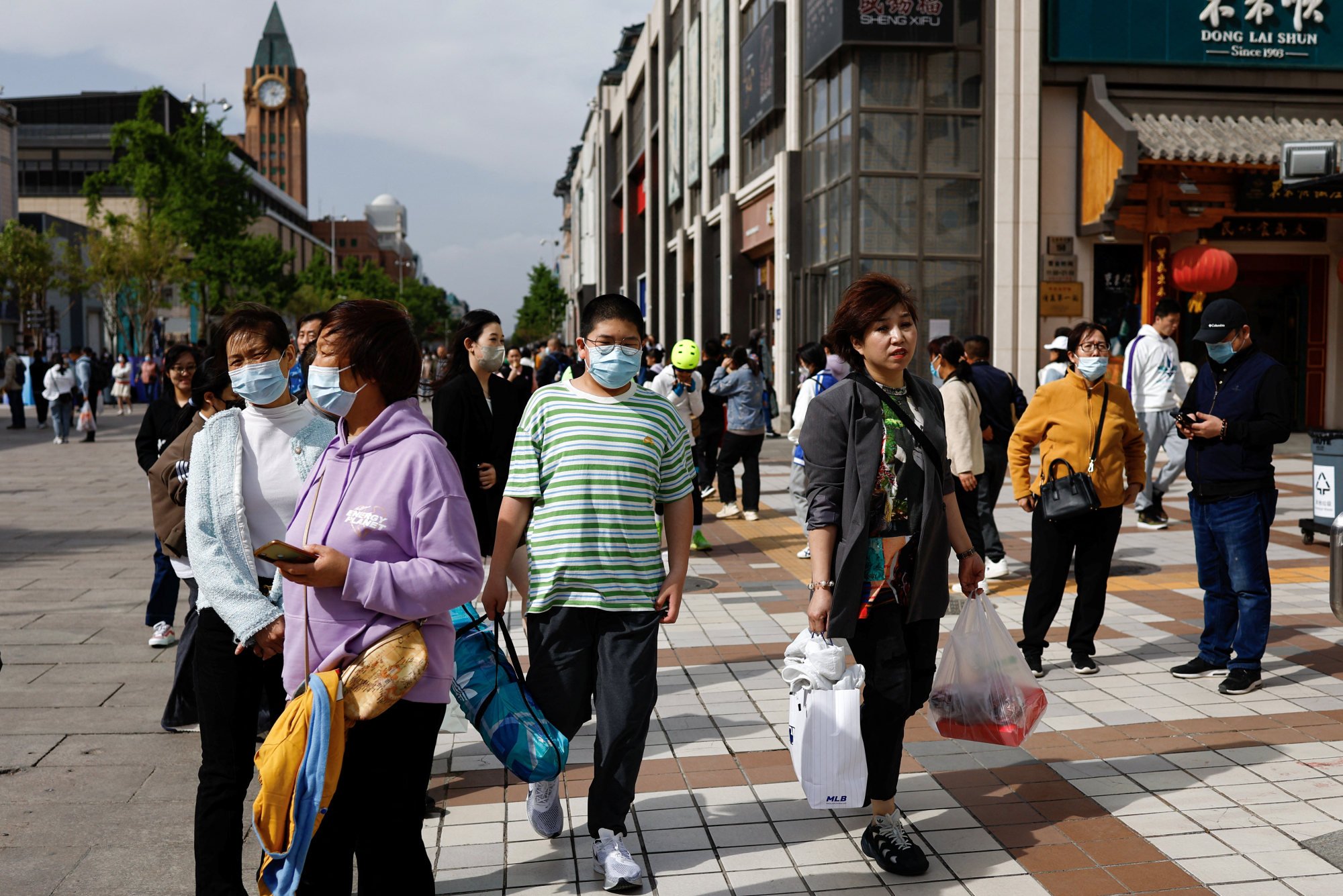
China could see restored economic confidence in 2024 if Beijing makes the right moves on reform
- The confusion and fear, along with the proliferating attitude of ‘lying flat’ among certain Chinese social groups, is a product of damaged confidence
- The word ‘reform’ should be read as market-oriented liberalisation, deregulation and growth of the private sector – not the opposite
The year 2023 was not too bad for the world’s second largest economy. China managed a broad recovery after three years of draconian zero-Covid policy. With little doubt, the government will publish a headline growth rate in line with the target of “about 5 per cent” for 2023, completing its “key performance indicator”.
But doubts linger about the country’s longer term prospects. It is easy to find anecdotal evidence of pessimism, or even defeatism, on China’s heavily-censored social media platforms. In the final weeks of 2023, an article circulating widely on the Chinese internet was an essay about “history’s garbage time”, a phrase coined to describe certain dark periods in Chinese history when outcomes were determined and nothing could be done to alter that course. While the article was about past dynasties, it struck a chord among some readers who felt despair and helplessness at the present circumstances.
What GDP target must China set for 2024 to double its economy by 2035?
The inconsistency between “a good macro story” and numerous bad “micro stories” on the ground is gaping. For those who lost jobs in 2023 or those who invested their life savings in property projects that may never get completed, it will be tough to convince them that the future remains bright.
2024, therefore, will be a critical year for Beijing to restore confidence among its people. In addition to cyclical policies such as more fiscal spending, China has to dig deeper to change people’s perceptions.
To begin with, the Chinese authorities must re-emphasise economic development as the only “central point” of their work and put this message out through policies. For decades, China’s central government, local authorities and common folk have been on the same page in seeing development as the priority. But in recent years development has become just “one of the goals” that may be subject to change depending on other objectives. The de facto downgrade of development in the ranking of what is important could cause disruption to economic activities and dampen confidence.

The Chinese government also has to be clear about the gist of “reform”. The legacy of Deng Xiaoping is enshrined in official documents, but the term is subject to different, and sometimes conflicting, interpretations. The word “reform” should be read as market-oriented liberalisation, deregulation and growth of the private sector – not the opposite. Reform should not be a cliché to justify policies, or be used as an excuse to advance state sector interests at the cost of private businesses. In short, reform means loosening the grip by setting up a rule-of-law market economy system.
In addition, China has to allow people to openly discuss problems. While it may be convenient to treat any different views as wrong or ill-intended, it is not wise to silence discussion. Nothing hurts confidence more than the act of threatening critical voices. Those seeing China as a “peaking power” neglect the country’s ability to adapt, but the best way to prove these perceptions wrong is to unleash the creativity and entrepreneurship of Chinese people. With the right moves, Beijing could ensure 2024 is better than 2023.

